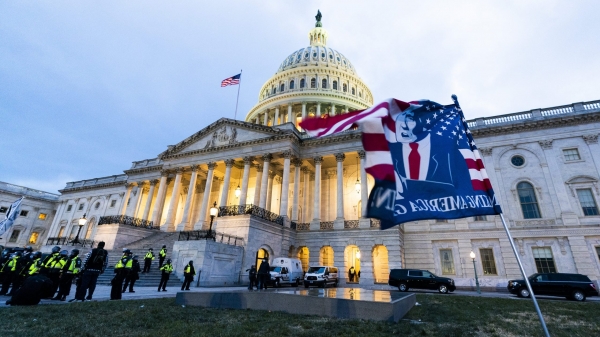By Grant Hallmark
Alabama Political Reporter
After telling the judiciary committee of his 18 year old son taking his own life, Steve Murphy of Calhoun County explained that his son had been smoking a legal alternative to marijuana, known as “spice.”
For many kids in high school, spice has become more and more appealing over the past few years as crackdowns on marijuana continue. From athletes to the chess club, one Birmingham-area high school student said, “A lot of people are doing it because we have drug tests, and spice doesn’t show up.”
And, if it doesn’t show up on drug tests, its fair game for many high school students. However, they may not realize how much worse the synthetic drug is for you than the real thing. While marijuana can cause mental effects after chronic or long-term use, the synthetic form can cause the same effects in a much shorter period of time.
The drug’s immediate sensory effects last only 10 to 20 minutes, but are much more pronounced than that of marijuana. These effects will vary from person to person and from product to product. Different brands of the synthetic marijuana can have drastically different chemical make-ups. Which is what led to the Alabama District Attorneys Association, the US Secret Service, and state law enforcement officials to ask a joint session of the Alabama Senate and House Judiciary Committees to file and pass laws to address synthetic marijuana use. On Wednesday 14, 2011, these law enforcement agencies told the Judiciary Committees that the current law cannot apply to all products, because the manufacturer can simply change the chemical formula to create a new, unregulated drug.
What the legislature needs to adopt and pass, according to the presenters, is an analog law. This is would be a state-level version of the Federal Analog Act, which makes federal courts consider any designer drug (“spice”) whose “chemical structure is substantially similar to the chemical structure” of another drug to be in the same schedule as the drug it is attempting to imitate. In other words, it considers synthetic heroin to be a Schedule I drug and synthetic cocaine to be a Schedule II drug.
A state version of this law would reign in all synthetic versions of marijuana, making it illegal to sell or consume these substances.


















































